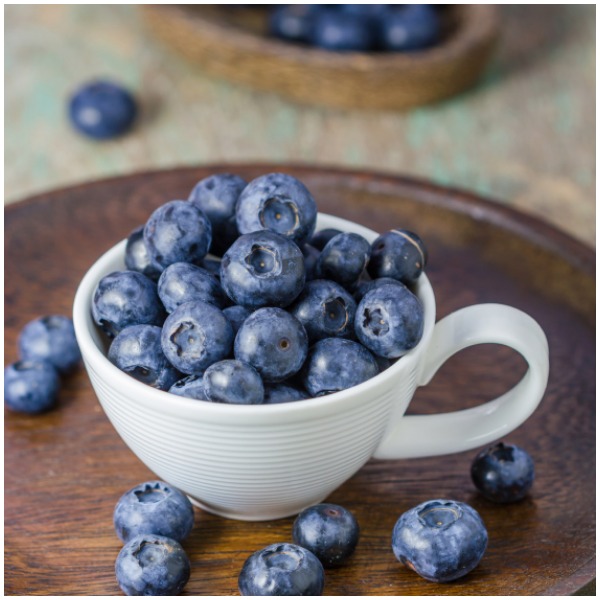Eating a cup of blue berries a day cuts risk factors for heart disease, a new study has revealed.
Researchers at the University of East Anglia (UEA) in Norwich eating 150g of blueberries daily reduces the risk of cardiovascular disease by up to 15 per cent.
The scientists set out to see whether eating blueberries had any effect on Metabolic Syndrome a condition which comprises at least three of the following risk factors: high blood pressure, high blood sugar, excess body fat around the waist, low levels of ‘good cholesterol.’
According to the Lead researcher Prof Aedin Cassidy, from UEA’s Norwich Medical School, lifestyle changes, including making simple changes to food choices can greatly impact the body and its systems.
“Having Metabolic syndrome significantly increases the risk of heart disease, stroke and diabetes and often statins and other medications are prescribed to help control this risk. Our study was set to find out whether eating blueberries could help people at risk,” said Prof Cassidy.
The six months long study drew 138 overweight and obese people, aged between 50 and 75, with Metabolic Syndrome.
{ Read: Healthy lifestyle lowers dementia risk, WHO }
They looked at the benefits of eating 150 gram portions (one cup) compared to 75 gram portions (half a cup) of freeze-dried blueberries.
“We found that eating one cup of blueberries per day resulted in sustained improvements in vascular function and arterial stiffness making enough of a difference to reduce the risk of cardiovascular disease by between 12 and 15 per cent,” said Co-lead, Dr Peter Curtis.
“Unexpectedly, we found no benefit of a smaller 75 gram (half cup) daily intake of blueberries in this at-risk group. It is possible that higher daily intakes may be needed for heart health benefits in obese, at-risk populations, compared with the general population,” he added.
This may be because blueberries are high in naturally occurring compounds called anthocyanins, which are the flavonoids responsible for the red and blue colour in fruits.
The new findings published in the American Journal of Clinical Nutrition advice that blueberries and other berries should be included in dietary strategies.
{ See Also: 7 Tips to healthy fasting during Ramadhan }













Leave a comment